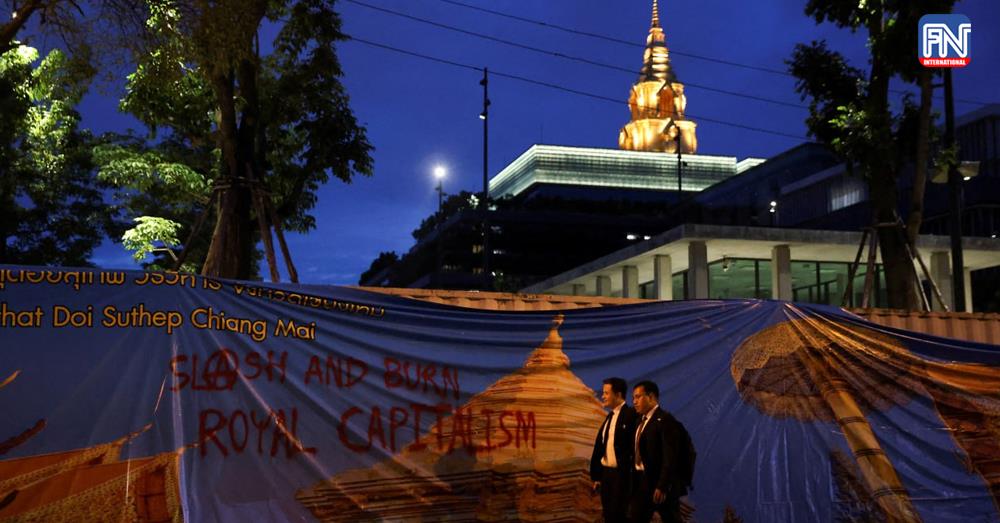BANGKOK, July 20 (Reuters) - Thailand's parliament will hold another vote for a prime minister next week which cannot include the leader of election winners Move Forward, a deputy speaker said on Thursday, after his re-nomination was blocked.
Parliament's move to deny Pita Limjareonrat after a marathon debate on his eligibility on Wednesday triggered angry street protests, as a post-election crisis deepens two months after his party trounced military-backed rivals in an election.
"A candidate can only be nominated once in each parliamentary session," Deputy House Speaker Pichet Chuamuangphan told Reuters on Thursday.
The U.S.-educated Pita, 42, has faced tough resistance from conservative and royalist forces that clash with the party's anti-establishment policies.
On Wednesday, parliament voted to block his second bid for the premiership and the Constitutional Court suspended him as lawmaker as it investigates a case against him over allegations that he violated election law for holding shares in a media company. Pita denies breaking election rules.
Legislative and judicial actions against him have drawn anger from his supporters.
"If we have elections and this is all we get, why don't you just choose it yourself," a protestor said late on Wednesday drawing applause from a crowd gathered in central Bangkok wearing black.
A Twitter hashtag from the protest was used at least 2 million times.
Thailand's main stock index (.SETI) has climbed about 2.6% since July 14, the day after Pita was first denied by parliament, while the baht has strengthened by 1.7% against the dollar.
Foreign investors bought 15.8 billion baht ($465.53 million)net of Thai shares and bonds during July 14-19.
Next week, it is widely expected that real estate tycoon and political newcomer Srettha Thavisin from the runner-up Pheu Thai party, part of Pita's eight-party alliance, will be nominated for premier.
Activists are planning more gatherings and have asked people to wear black to protest what they see as rules stacked against the election winners.
The military-drafted constitution favours conservative parties, requiring any prime ministerial candidate to secure at least 375 votes from a joint sitting of the bicameral legislature including the junta-appointed 249-member senate and an elected 500-member lower house.
Protesters have called on the senators to resign and that Pita's eight-party coalition to stick together and uphold election promises.
